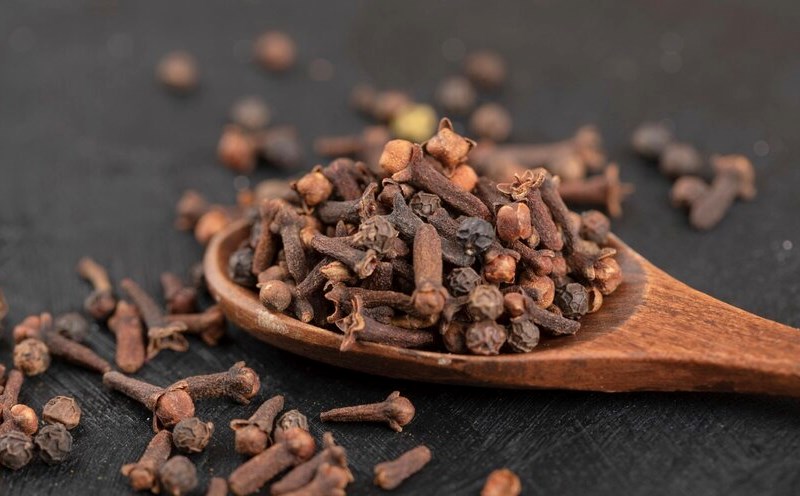clove juice and its effects on blood sugar
Cloves have long been used as a spice and folk remedy to relieve tooth pain or fight mild inflammation. The ingredients of cloves contain eugenol, a plant compound with antioxidant properties, which is said to have the ability to support blood sugar control and improve metabolism.
Some animal and lab studies have shown that eugenol can reduce blood sugar, improve cholesterol and protect the liver and kidneys from the negative effects of high blood sugar. Even a small experiment on humans showed that blood sugar decreased slightly when adding cloves compared to fake drugs. However, this reduction is not enough to have clinical value.
According to a 2019 study, a group of people with and without diabetes who consumed 250 mg of cloves extract for 30 days significantly reduced blood sugar. However, most of the results come from thick extract, not from regular cloves.
Nutritionist Julie Stefanski (Institute of Nutrition and Dietetics, USA) commented: "It is appropriate to say that chewing cloves or drinking clove juice has the same benefits as research on concentrated extracts".
Risks and safer alternatives
For healthy adults, drinking water or chewing cloves in small amounts is usually not harmful. However, at higher levels, especially in the form of essential oils, cloves can be dangerous, including liver damage, increased bleeding, seizures or coma. Children are especially susceptible to poisoning in small amounts. Pregnant and breastfeeding women are also advised to be cautious.
Nutritionist Grace Derocha (Institute of Nutrition and Dietetics, USA) emphasizes: "Let's consider cloves as a flavoring spice, not a miracle remedy." She believes that the real benefits of controlling blood sugar and reducing inflammation come from whole foods that have been carefully studied.
Foods that should be prioritized include:
Leafy greens are rich in fiber such as kale and broccoli, which help slow down the absorption of sugar.
Berries are rich in antioxidants, support metabolism and reduce inflammation.
Whole grains help stabilize blood sugar thanks to their high fiber content.
Foods rich in omega-3 such as salmon, flaxseed, walnuts help control inflammation effectively.
The Mediterranean-style diet rich in vegetables, whole grains, healthy fats and lean proteins has the strongest evidence of stabilizing blood sugar and reducing inflammation in the long term, adds Derocha.
Cloves may provide flavor and some antioxidants, but the current scientific evidence is not strong enough to confirm the benefits of controlling blood sugar. Consumers should be cautious when using, especially avoid confusing natural spices and concentrated products. Instead of relying on cloves, maintaining a scientific diet with green leafy vegetables, berries and whole grains is still a safe and effective way to protect your health.











